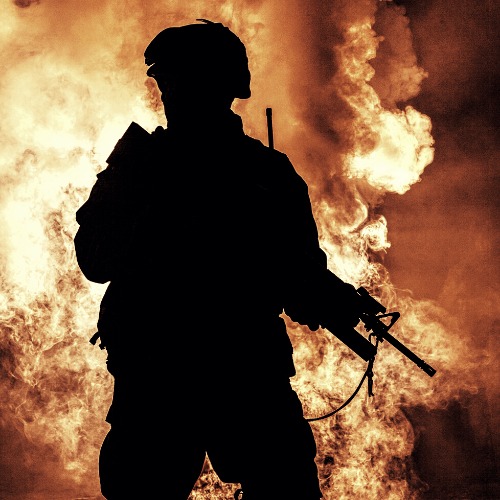Exploring the Range of Offenses under UCMJ Punitive Articles

Strong 8k brings an ultra-HD IPTV experience to your living room and your pocket.
The Uniform Code of Military Justice (UCMJ) stands as a cornerstone of military law, guiding conduct and discipline within the armed forces. Central to the UCMJ are the punitive articles, which outline offenses punishable under military law. From insubordination to desertion, these articles serve as a framework for maintaining order and accountability within the military ranks.
Article 1: Overview of UCMJ Punitive Articles
The UCMJ punitive articles, found in Articles 77 through 134, cover a wide range of offenses, from minor infractions to serious crimes. Each article specifies the elements of the offense, the maximum punishment, and any mitigating or aggravating factors to consider. These punitive articles apply to all members of the armed forces, regardless of rank or position, and serve to uphold military discipline and standards of conduct.
Article 2: Common Offenses under UCMJ Punitive Articles
Some of the most commonly encountered offenses under the UCMJ punitive articles include:
Article 86 (Absence Without Leave): This offense occurs when a service member fails to report for duty or goes absent without authorization. Depending on the circumstances, the maximum punishment can range from a minor reprimand to confinement and dishonorable discharge.
Article 92 (Failure to Obey Order or Regulation): Service members are required to follow lawful orders and regulations. Violations of this article can result in disciplinary action, including confinement and reduction in rank.
Article 120 (Rape and Sexual Assault): These serious offenses carry severe penalties, including confinement, dishonorable discharge, and registration as a sex offender. The military takes allegations of sexual assault and rape very seriously, with dedicated resources for investigation and prosecution.
Article 128 (Assault): Any act of physical violence against another person, whether fellow service member or civilian, can lead to charges under Article 128. Depending on the severity of the assault and any resulting injuries, the punishment may range from confinement to a fine and reduction in rank.
Article 3: Importance of UCMJ Punitive Articles
The UCMJ punitive articles play a crucial role in maintaining discipline and order within the military. By clearly delineating prohibited conduct and the consequences for such actions, these articles establish a foundation for accountability and responsibility. Moreover, adherence to military law is essential for preserving the integrity and effectiveness of the armed forces, ensuring that service members uphold the values of honor, courage, and commitment.
Article 4: Legal Protections and Due Process
While the UCMJ punitive articles provide a framework for disciplinary action, service members are entitled to certain legal protections and due process rights. These include the right to legal representation, the presumption of innocence until proven guilty, and the opportunity to present evidence and witnesses in their defense. Additionally, service members have the right to appeal any adverse findings or punishments through the military justice system.
Article 5: End Point
The UCMJ punitive articles serve as a cornerstone of military law, guiding conduct and discipline within the armed forces. From minor infractions to serious crimes, these articles outline offenses punishable under military law and establish a framework for accountability and responsibility. By upholding the principles of justice and fairness, the ucmj punitive articles help to maintain the integrity and effectiveness of the armed forces, ensuring that service members adhere to the highest standards of conduct and professionalism.
Whether facing allegations of misconduct or seeking to understand their rights and responsibilities, service members should familiarize themselves with the UCMJ punitive articles and seek guidance from legal professionals experienced in military law. By staying informed and vigilant, service members can navigate the complexities of military justice and uphold the values of honor, courage, and commitment that define the armed forces.
Note: IndiBlogHub features both user-submitted and editorial content. We do not verify third-party contributions. Read our Disclaimer and Privacy Policyfor details.


